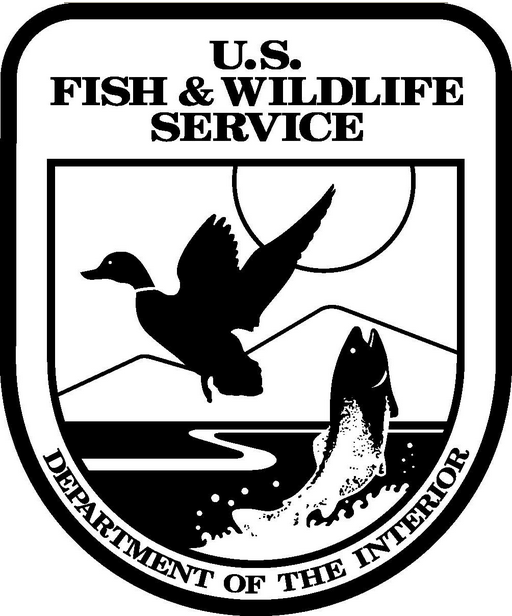 By Rick Manning
By Rick Manning
The federal government is considering setting aside almost 14 million acres, a land mass larger than the combined states of New Hampshire and Vermont, as critical habitat for the northern spotted owl. Using a highly controversial method of determining economic costs of regulations, the U.S. Fish and Wildlife Service has declared that, “only a fraction of the overall proposed revised [land] designation will result in more than incremental, minor administrative costs.”
Environmental law firm, Marten Law, argues in a review of the new economic analysis approach that if the government, “were forced to do a full analysis, they would be forced to consider the economic impacts of the entire listing process, not just the additional impacts that occur from designating critical habitat.”
Now, due to a recent rule published by the U.S. Fish and Wildlife Service, the agency will be able to make partial economic analysis the norm in determining the impact of designating land as critical habitat for threatened or endangered species.
Senator David Vitter of Louisiana, the top Republican on the Environment and Public Works Committee is concerned that the new rule will disregard the true impact of federal regulations stating in a release reacting to the rule, “Designating critical habitat under the Endangered Species Act creates massive financial burdens for private property owners and state and local governments. Friday’s rule allows the Agencies to avoid doing a full economic analysis of these financial burdens and allows them to hide the true costs of a species listing.”
The northern spotted owl is a real life example of the massive impact that the Endangered Species Act can have on communities and the people who live there.
Jim Geisinger, the head of the Northwest Forest Association recently explained the impact of the early 1990s Northern Spotted Owl decision to Oregon Public Television saying, “…our industry is not what it used to be. Hundreds of mills closed, and tens of thousands of people lost their jobs, and those jobs haven’t been replaced.”
Hardly a “minor impact” but under the new rule approved by the Obama Administration, impacts can be explained away, in order to justify a rule.
Ironically, the proposed expansion of the Northern Spotted Owl’s habitat is both harmful to the bird and unnecessary.
It is harmful to the bird because studies have shown that the Northern Spotted Owl actually does best in managed forests where timbering operations occur, rather than in pristine, uncut environments.
Instead, failure to allow the cutting of dead and dying trees in the bird’s habitat not only hurts its capacity to find food, it also subjects the entire forest to an increase risk of fire, as the uncut dead which serves as the fuel that makes forest fires burn hotter, spread faster and kill everything in its path.
In essence, the expansion of the northern spotted owl’s critical habitat by 14,000,000 acres or more than 21,000 square miles, will harm the bird, and destroy jobs in the effected area related to timber production, and the new U.S. Fish and Wildlife Service rule will effectively allow the Agency to stick its fingers in its ears and yell na na na na na, I can’t hear you, to anyone who dares complain.
The people who live in the areas that are about to be blighted by a dramatic increase in declared northern spotted owl habitat know the economic destruction that awaits them. Unfortunately, their government has decided that it not only doesn’t care, but doesn’t even want to hear about it.
And the northern spotted owl is just one well known example where habitat expansion is pending with the future impact on private property rights certainly to be even more devastating.
As Senator Vitter says, “This rule change is another example of this Administration moving forward with a dangerous precedent to ignore economic impacts when implementing expensive rules and regulations. They are pulling wool over our eyes and hoping we won’t notice.”
Unfortunately, no one speaks for the destroyed dreams of those who once lived and thrived in the northwestern United States logging ghost towns which were victimized by the first spotted owl plan. Environmentalists on the other hand will gladly destroy the livelihoods of thousands of others in their ill-conceived plan to force an owl to thrive in a habitat that is not suited to.
It would be laughable if it weren’t so sad.
Rick Manning (@rmanning957) is the Vice President of Communications and Public Policy for Americans for Limited Government.






